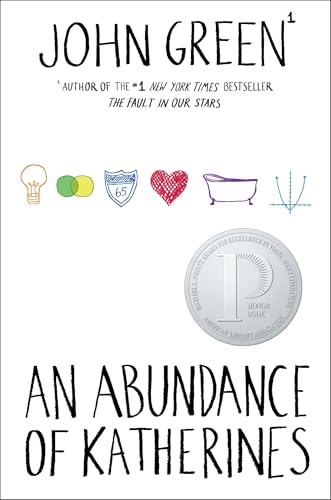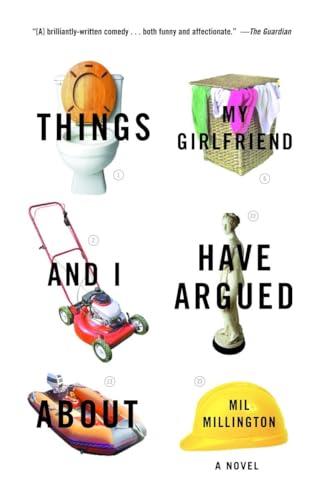Pronovost then asked nurses to observe doctors for a month and record how often they carried out each step. In more than a third of patients, they skipped at least one. After recording that explosive bit of data, for the next year the hospital asked and authorized the nurses to stop the doctors if they saw them skipping a step on the checklist.
The results were so dramatic that they weren’t sure whether to believe them: the ten-day line-infection went from 11 percent to zero... So they followed patients for fifteen more months. Only two line infections occurred in that entire period.
 This remarkable story is from the book The Checkist Manifesto: How to Get Things Right, by Atul Gawande. The author’s theory is that many jobs — especially in the medical profession — have become so complicated that training and intelligence aren’t enough to achieve the best results. He offers a solution in the humble checklist.
This remarkable story is from the book The Checkist Manifesto: How to Get Things Right, by Atul Gawande. The author’s theory is that many jobs — especially in the medical profession — have become so complicated that training and intelligence aren’t enough to achieve the best results. He offers a solution in the humble checklist.The main comparisons he explores are two professions that have incredible amounts of potential scenarios, along with incredible consequences for failure — physicians and pilots. What he finds in his research is a huge difference in how each profession handles the problem, with implications for change in many industries. While doctors tend to bristle at being followed with a checklist — it’s why the nurses had to be authorized to stop the doctors in the above example — pilots embrace their checklists, which are standard to the airlines. In fact, pilots are taught not to go with their instinct as problems arise but to turn to the checklist first. That doesn’t mean that instincts, training, and quick thinking aren’t valued for the pilots. Instead, the idea is to take the guesswork out of basic steps and protocols so that the pilots can do their jobs with more focus.
The author shares another story from the airline industry, about a plane that suffered a complete engine shut-down in January 2008. Luckily, the plane landed safely enough that the passengers were fine, but the industry was puzzled as to the cause. The possibilities were researched, a theory was proposed, and new guidelines were established for particular flights. A new checklist was distributed and within a month of the recommendations, pilots had it in hand and were using it. How do we know? Because in November 2008, the same situation presented itself and the pilots were able to use the new checklist to recover the engines.
While new procedures can take years to establish themselves in medicine, compare that to this scenario of identifying a problem, recommending a solution, and distributing the information within a year. The author also shows uses for the checklist in financial and legal industries, but all have shied away from the solution as being too simple.
Will this next generation of thinkers be able to get beyond that mindset? I hope so, and that’s why I would recommend this book to high schoolers in hopes that they can change the way we approach problems in a society only growing in complexity.
Nonfiction Monday is hosted today at Rasco from RIF
Links to material on Amazon.com contained within this post may be affiliate links for the Amazon Associates program, for which this site may receive a referral fee.
























4 comments:
That's fascinating, and very true. When I started working at the library, I was somewhat overwhelmed because my supervisor had so many sheets of instructions passed to us. But I can't tell you how many times those have saved my behind!
I don't love the program we use to do our library tasks, because it seems overly complicated. Having those "cheat sheets" about how to place a hold or a request to get a book through the system faster have been incredibly helpful.
Thanks so much for posting at NONFICTION MONDAY today AND even more, thank you for posting on this particular book. Where have I been, I had totally missed this one, looking forward to reading it.
Very interesting!
You know, it's funny, this prejudice against the checklist. That's one of the things which "expert systems" such as "decision support systems" are, really: just a glorified checklist, with a branching, decision structure. They're used all over the place to facilitate complex decisions in which people would not be able to respond appropriately given the number of variables involved.
Put them into a simple situation, however, and people balk, thinking that they know how to do their job. Ego is a dangerous thing.
I've always been impressed by a friend of mine's dad: my friend needed to have his eye removed (it had been damaged years before, and was causing the other eye some sort of trouble, because the damaged eye's nerves were randomly firing). So, because it was a risky operation, his dad hired another doctor to watch the operation. The other doctor's sole job was to watch the first, making sure that everything was done properly.
Sounds awesome, thanks for a great review!
Post a Comment